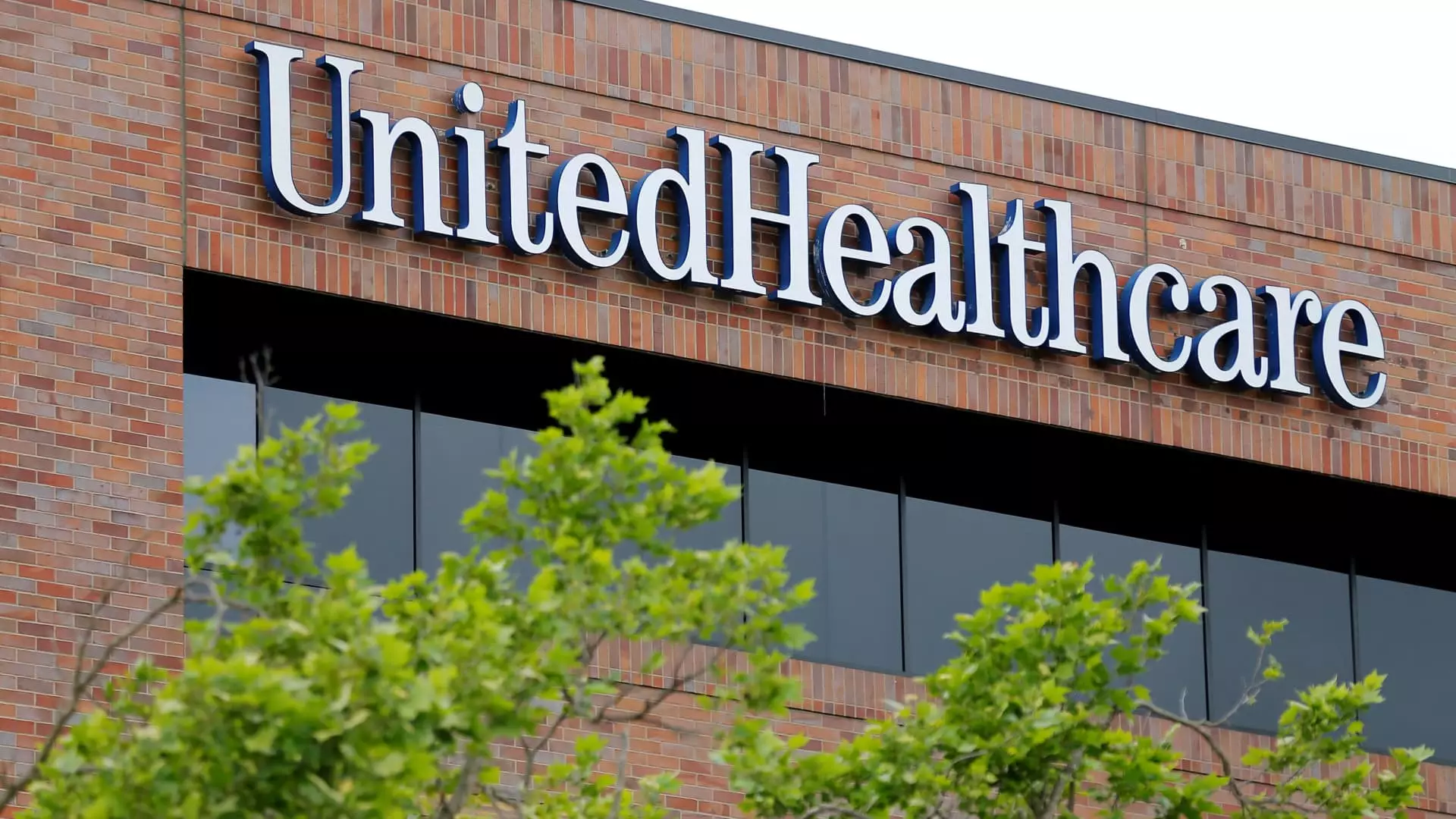UnitedHealthcare, a prominent player in the U.S. healthcare landscape, finds itself embroiled in a series of serious issues that threaten its reputation and operational stability. The past year has seen tumultuous events, ranging from a highly publicized government investigation into its Medicare billing practices to significant employee restructuring efforts and a feud with renowned investor Bill Ackman. These controversies are not just isolated incidents; they reflect underlying systemic challenges facing the insurance giant and its parent company, UnitedHealth Group.
In recent months, UnitedHealthcare has come under the spotlight due to an investigation by the Department of Justice (DOJ) regarding its billing practices for Medicare Advantage plans. This inquiry probes the validity of diagnoses that potentially prompted higher reimbursements from the government. News reports state that the DOJ is examining whether the insurer’s own physician groups routinely provided inflated diagnoses, leading to questionable claims that cost Medicare billions of dollars. Such allegations are severe and could have long-lasting implications for the insurer’s credibility and financial standing.
UnitedHealthcare has staunchly defended its practices, labeling the media’s portrayal as “misinformation.” The company argues that it adheres to the highest standards of compliance in the industry. However, the shadow cast by these investigations raises critical questions about the integrity of its operations and the sustainability of its business model. The ramifications extend beyond just legal costs; investor confidence can wane rapidly if stakeholders perceive a culture of unethical practices within the organization.
The financial fallout from these controversies has already begun to manifest. Shares of UnitedHealth Group have plummeted approximately 23% over the past three months, reaching a nadir following the revelations about the DOJ inquiry. This sharp decline indicates not only investor anxiety over the investigation but also a broader concern over the company’s operational efficacy amidst growing scrutiny.
Financial analysts, like RBC Capital Markets’ Ben Hendrix, suggest that while the investigation is an “incremental overhang,” the prolonged nature of such probes could mean extended periods of uncertainty for investors. As the company’s stock battles these headwinds, the pressure intensifies for UnitedHealthcare to reaffirm its commitment to compliance and proper patient care, lest it face further erosion of investor trust.
In an organizational response to increasing financial strain, UnitedHealthcare has begun to offer buyouts to employees and might consider layoffs if voluntary resignations do not meet targets. This move is strategic, aimed at streamlining operations in a challenging economic climate and significant shifts within the healthcare industry. Emphasizing digital technology is likely one aspect of their wider cost-cutting initiatives, but the long-term effects on employee morale and corporate culture cannot be overlooked.
This push for workforce reduction comes at a time when the insurer faces criticism from various fronts, including public outcry regarding accessibility and denial of care—a sentiment echoed by Ackman in his recent social media engagements. As cost-conscious measures are implemented, it’s vital for UnitedHealthcare to balance efficiency with the potential alienation of dedicated employees and the stakeholders they serve.
Public Relations Battles: The Ackman Affair
The conflict with Bill Ackman adds yet another layer of complexity to UnitedHealthcare’s public relations challenges. The billionaire investor became vocally critical of the insurer, stating that the company’s practices could be leading to the denial of necessary medical procedures. His pledge to cover legal fees for a doctor embroiled in a dispute with UnitedHealthcare signals a growing discontent with the company’s direction. Although Ackman’s subsequent retraction indicates the contentious nature of healthcare narratives, it nonetheless amplifies existing concerns regarding medical appropriateness and insurer profitability.
The public’s growing scrutiny of insurance practices, exacerbated by the highly publicized fallout from the controversial death of UnitedHealthcare CEO Brian Thompson, reflects a significant shift in patient and provider advocacy. If UnitedHealthcare fails to address these issues, it could face long-term reputational damage that suppresses its market value and hampers future growth prospects.
UnitedHealthcare stands at a critical juncture, grappling with investigations, financial turmoil, and shifting public perceptions. The interplay of these challenges underscores an urgent need for the company to navigate through its operational and ethical dilemmas. As scrutiny intensifies, the insurer must prioritize transparency, patient advocacy, and compliance if it hopes to reclaim its standing in the healthcare marketplace. The path forward demands not only strategic financial maneuvering but also a commitment to restoring trust among consumers, providers, and investors alike. Only time will tell whether UnitedHealthcare can rise above its current challenges and emerge as a leader in the evolving landscape of American healthcare.

Leave a Reply